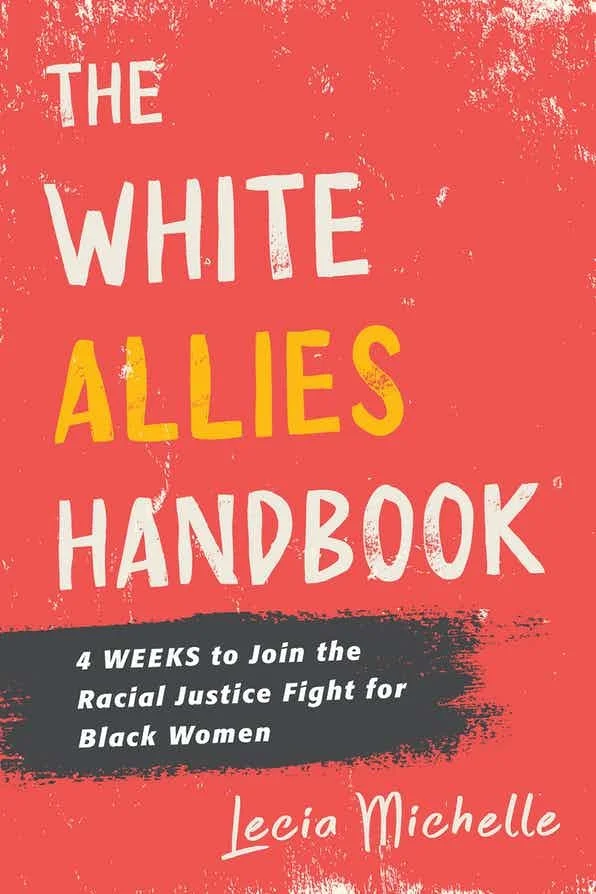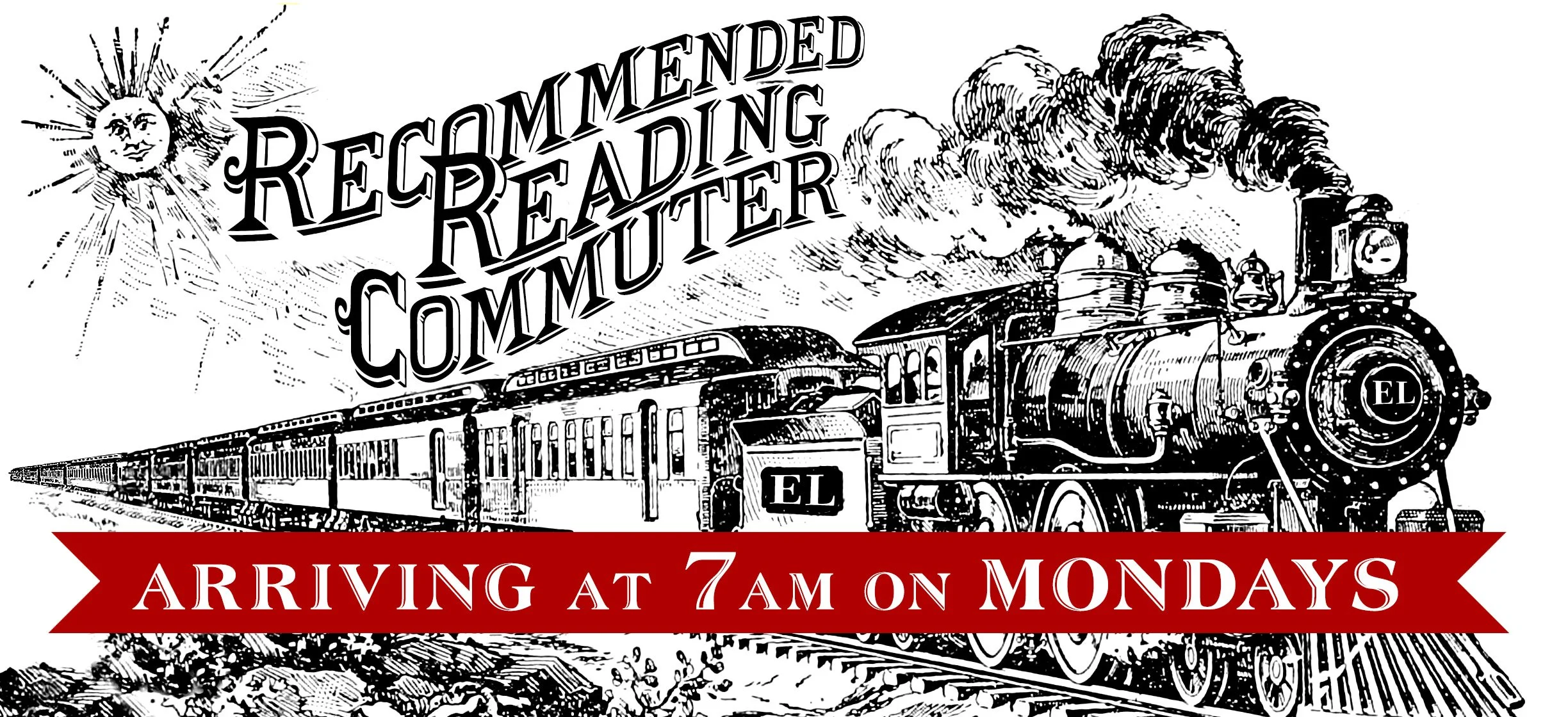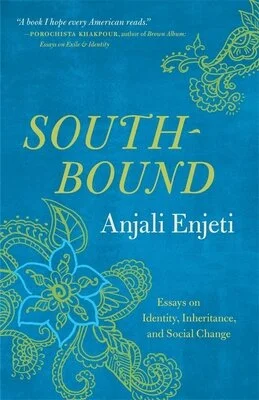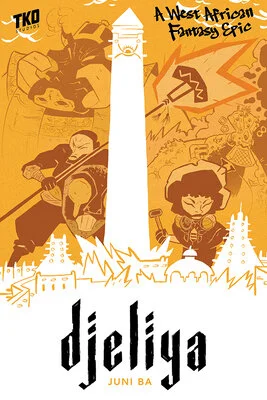Hot Off the Shelf - The White Allies Handbook: 4 Weeks to Join the Racial Justice Fight for Black Women by Lecia Michelle
[image description: The book cover for The White Allies Handbook has a red background with the title written in a white font that mimics the style of a paintbrush stroke.]
Disclaimer: I received an ARC of this book in exchange for an honest review. If you’d like your own copy (and I really, REALLY hope you do!!!) there’s an affiliate link at the bottom of the page.
I try not to get preachy on the blog, but this is a book that every white person needs to read. Even if you’ve read a good bit of social justice lit before, there’s still so much to learn. I know I have a lot to learn and the only way to be receptive to learning antiracism is to accept that it’s a lifelong journey and you’ll never get it 100% right 100% of the time.
Before I tell you why I love The White Allies Handbook: 4 Weeks to Join the Racial Justice Fight for Black Women by Lecia Michelle, I’ll share the synopsis:
You’ve read White Fragility and How to Be an Antiracist, but what comes next? The answer lies in this clear, actionable guide providing an invaluable 4-week program for becoming an ally who makes a real difference in the racial justice fight. Get the tools you need to get off the sidelines and onto the frontlines of allyship, combat racism while supporting Black women, and avoid common pitfalls white people fall into when they think about and discuss racism.
Black women have always been the driving force behind real change in this country—especially when it comes to racial justice work. But they shouldn’t have to do it alone. If you’re ready to stop standing on the sidelines and become anti-racist instead of passively “not racist,”, then this book is what you need. In these pages, Lecia Michelle—founder of the popular Facebook group “Real Talk: WOC and Allies for Racial Justice and Anti-Oppression”—invites you to join her on the frontlines. She shows you what it takes to become an effective ally—including helping you recognize that an important part of the fight is within yourself.
In this book, you’ll discover:
• How to have difficult conversations about white supremacy, racism, and white privilege
• How to listen to criticism without defensiveness
• Why it’s harmful to ignore race or claim to be colorblind
• How to expand your racial justice circle by joining groups led by Black women and cultivating a group of like-minded allies
• How to recognize and address the harmful pattern of perfectionism and performative allyship
Racism can only be defeated if white people educate themselves and actively engage in antiracism work, especially in their inner circles. Every white person has the capacity either to weaponize their whiteness or to use it for good. With this book, you’ll learn how to change from someone who defends and protects racism to someone who fights against it. And you’ll become an example to others that true allies are made, not born.
Obviously, the title tells you that the work in the handbook is meant to be done over the course of four weeks, then you’ll self-study antiracism using what you learned in the handbook for the rest of your life. In the spirit of full disclosure, I read through the entire book at once, not over four weeks. The reason is that the beginning encourages you to find an accountability buddy to work through the handbook with you and I didn’t have a specific person identified when I started reading.
My goal now is, now having a better idea of what the discussions are like and the work involved, I want to create an accountability group among some antiracism-pursuing, book-loving friends. And now if they ask me questions before agreeing, I’ll be able to answer. But hopefully, since you’re reading this review and I’m telling you upfront that you’ll want an accountability partner and a blank journal for the exercises, you’ll be able to get ready in advance so that by the time your copy of the book arrives you can hit the ground running.
With that caveat stated, I can absolutely say this is a book I’ll want to return to again and again. I first started reading up on social justice when I was ~21 in college and I can say from experience that it’s much easier to remember talking points and facts to challenge right-wing nutjobs when you’re actively consuming antiracist content and discussing experiences with other people who are on a similar path. Once I got separated from my core accountability group after graduating, I had to find my way toward other like-minded folks in that new phase of my life. That didn’t happen overnight and I’ll admit that I backslid a little after moving home for a year after college with my conservative family and having to hear all their bullshit anew.
All this is to say that I can absolutely see why Lecia Michelle wants readers to find an accountability partner and I can attest to how important doing so is. The other important component is journaling. Throughout the book, Lecia inserts questions to the reader; not just at the end of the chapter like you might expect but all throughout. This is another thing I know for certain to be helpful because, as a writer myself, I know that you never think as clearly as you think you do. What makes sense in your head might actually be sloppy logic or flawed thinking and you’d never realize it if you didn’t get it out on the page and really force yourself to think critically about it (or else wait for someone to call you out or call you in, which is never fun but often necessary).
I like the idea of doing the journaling part with a blank journal and treating every question like a prompt because 1) you’ll be able to reference your journal again and again as necessary, 2) you’ll have all your thoughts collected in one place so you can discuss with your accountability partner or group, and 3) at the end of the four weeks your journal can be a kind of guidebook and you’ll be able to share your thinking with the fellow white people you’re trying to support or influence on their own path toward antiracism.
As you can guess from the title, the book is aimed at white people, but the tagline is important to note too: … for Black Women. This is not to say that Black men and nonbinary people don’t need support but that Lecia Michelle is a Black woman and she’s basing her book on her experiences in what she needs from white allies. While I imagine the book would help anyone be a better ally to any person of color, the specifics are important. I feel the need to point this out because I read some really weird reviews from non-Black POC who were bashing the book because, by reading the book, they both assumed themselves into the role of white allies and into the role of Black women simultaneously and were disappointed that they couldn’t seem to orient themselves within the handbook. This seemed silly to be because the title and tagline very clearly tell the reader who the book is for and who it’s designed to benefit.
I keep an ongoing list of books that I call “required reading for humanity” and The White Allies Handbook is the latest addition. I think it’s beneficial for all white people to read and my own copy has tons of dog-eared pages and quotes underlined. My ultimate question of what books get 5 stars is whether the book is quotable and The White Allies Handbook passes that test with flying colors. Everything in it is both astute and accessible.
I say “accessible” to mean that Lecia has written The White Allies Handbook in a way that white people just embarking on their antiracist journey can understand what she’s saying and why it’s important. That doesn’t mean reading this book or doing the work is easy. Lecia dishes out hard truths and tough love, but also a lot of encouragement that being a good ally is possible (even if being a perfect ally is not).
I’m so glad Lecia wrote this book and I’m super looking forward to creating an accountability group based on the book. So if you’re reading this and you want to join the discussion, let me know in the comments or drop me a line via email or social media. The more the merrier!






